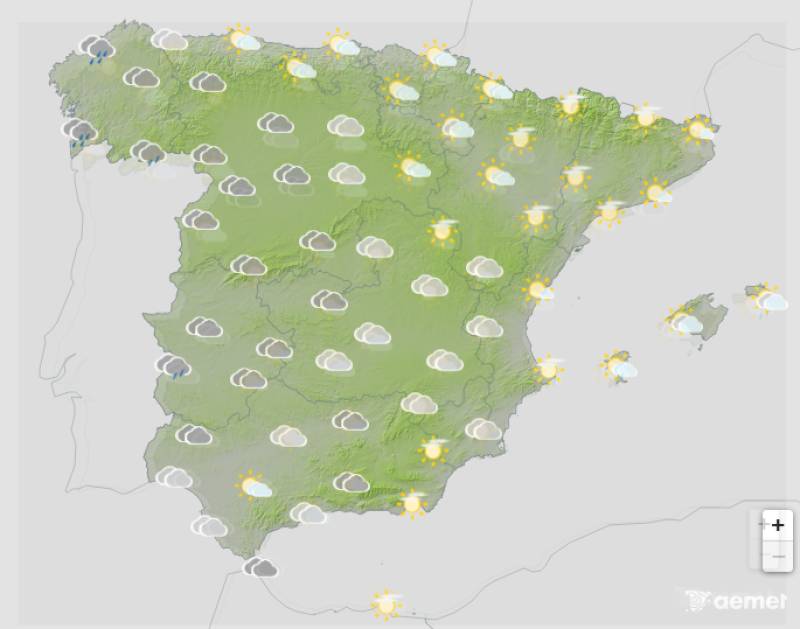- Region
- Vega baja
- Marina Alta
- Marina Baixa
- Alicante
- Baix Vinalopo
- Alto & Mitja Vinalopo
-
ALL TOWNS
- ALICANTE TOWNS
- Albatera
- Alfaz Del Pi
- Alicante City
- Alcoy
- Almoradi
- Benitatxell
- Bigastro
- Benferri
- Benidorm
- Calosa de Segura
- Calpe
- Catral
- Costa Blanca
- Cox
- Daya Vieja
- Denia
- Elche
- Elda
- Granja de Rocamora
- Guardamar del Segura
- Jacarilla
- Los Montesinos
- Orihuela
- Pedreguer
- Pilar de Horadada
- Playa Flamenca
- Quesada
- Rafal
- Redovan
- Rojales
- San Isidro
- Torrevieja
- Comunidad Valenciana
Date Published: 03/08/2021
ARCHIVED - Every hour 15 dogs are abandoned in Spain without a microchip
Three out of four dogs abandoned throughout Spain have no form of identification

According to the latest data from the Royal Canine Society of Spain (RSCE) based on figures released by the Affinity Foundation, fifteen dogs are abandoned in Spain every hour. The study indicates that of the 162,000 total abandonments every year officially logged in this country, some 120,000 aren’t microchipped, making it virtually impossible to track their owners. This means that three out of four dogs rescued from the streets by wardens have no identification.
Not being able to locate the pet owners and issue appropriate sanctions puts additional pressure on animal shelters, costing an estimated €1 million every year on microchipping alone.
The RSCE has been asking the central government for months to enforce the microchipping of all pets in order to reduce the number of abandoned dogs in Spain and police this more aggressively; animal protectorates often complain that hunters for example, routinely neglect to microchip their dogs, so there is no means of tracing the original owner of a hunting dog when it comes to the end of its useful working life and is kicked out by its former owner.
Although any animals accompanied in public must be microchipped, many which are kept in private residences are not and this is not policed.
Currently, some 50,000 pedigree puppies are registered in the Spanish Origin Book (LOE) annually and are thus required to be microchipped by the RSCE. Consequently, the rate of abandonment of pure-breed dogs is considerably lower in Spain.
The president of the RSCE, Julián Hernández, said that sadly, each year, the number of abandoned animals grows, and has called on the government to work with legal breeders and organisations to strengthen the current legislation in each autonomous community.
"The abandonment of pets is one of the biggest scourges of society,” he concluded.
Image: Archive
Contact Murcia Today: Editorial 000 000 000 /
Office 000 000 000



























